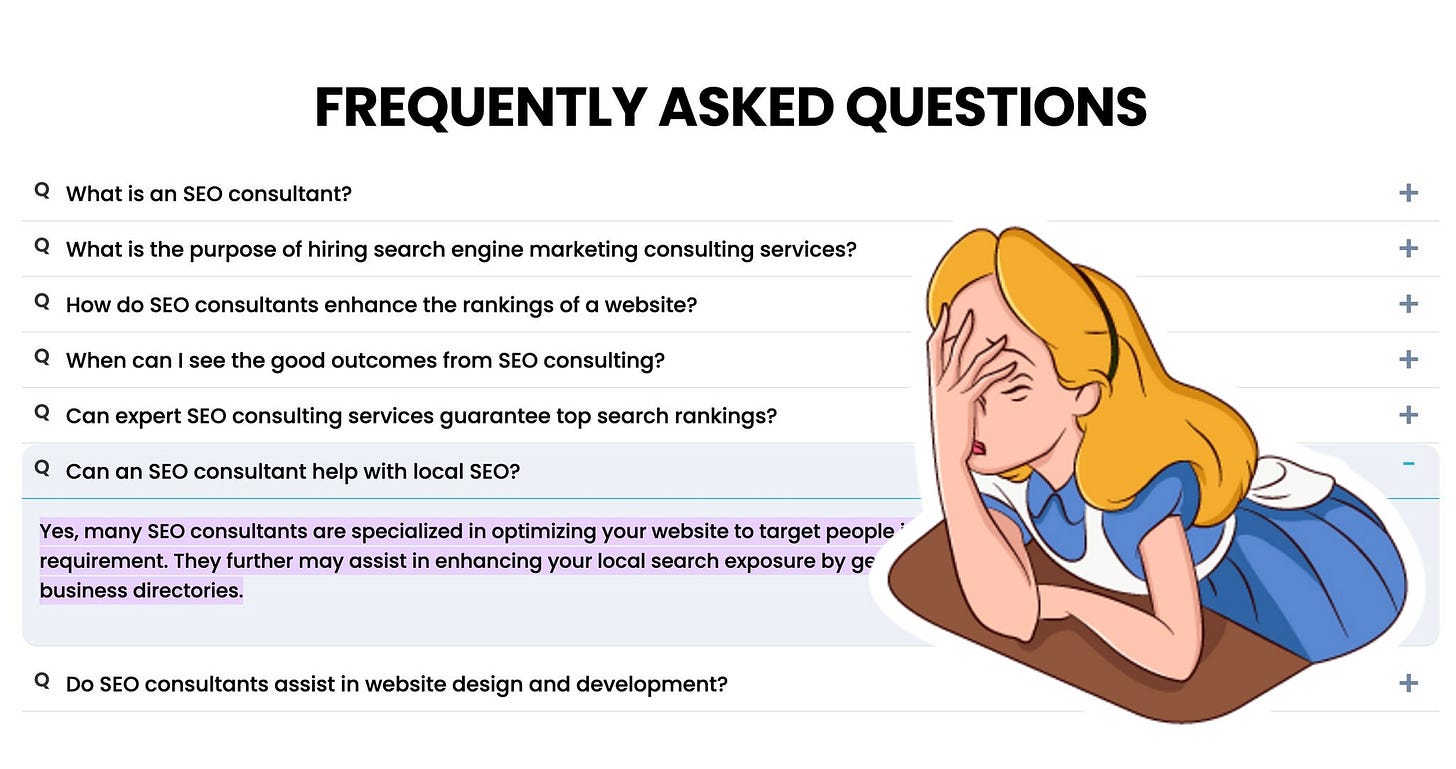Answer Engine Optimization (AEO): What Is It and How to Optimize for Questions?
Optimizing for questions is more important than ever now but there is the right and the wrong way to do that. Let's see how to do that right!
Answer Engine Optimization is not a new concept. We’ve been talking about Google turning into an answer engine (versus a search engine) ever since featured snippets (sometimes referred to as “Answer Boxes) and People Also Ask were officially launched.
In fact, my conference presentations have had this slide since at least 2018:
As search engines were evolving to provide quick, useful answers to searchers (instead of generating URLs where they had to find answers themselves), the answer optimization strategy was changing as well.
>>> JOIN US to discuss this topic LIVE! Please RSVP Linkedin or Youtube!
Nowadays, with the growing popularity of LLM-based AI platforms that are designed to provide detailed answers to people’s questions, Answer Engine Optimization has become even more popular.
Here’s how to optimize for AI-driven answers:
Research relevant questions
There are a few ways to find relevant questions based on a keyword:
Use traditional keyword research tools that let you filter to question-type queries
Listen and talk to your customers. Monitor how they discuss your (or similar) products on Reddit, what they ask your customer support team, etc. It is important to understand how people ask questions in real life so that you can better predict what they will type in a prompt.
Use a fan-out technique to expand your search beyond keywords.
Focus on journeys instead of keywords
I recently shared a BAD example of question optimization (which actually worked). I don’t suggest replicating this strategy but here’s an extreme example of GEO-driven optimization that got this page included in “Best local SEO experts...” answer on AI Mode:
I am not sure how long this over-optimization strategy will keep working, but, as it usually happens in SEO, a much more sustainable, longer-term strategy is to optimize for questions that will help your users, not just AI platforms.
If a question has your core keyword, it doesn’t mean it belongs on your page. Avoid meaningless question overoptimization. Select questions that are going to help address a specific problem behind your search query. Rely on your editorial decision and your knowledge of your customers to make that judgment.
Gemini can also be helpful in understanding which questions will help a user in specific situations. Just upload your keyword list and type something like:
List questions that searchers will find useful or helpful based on these keywords (Use fan-out technique to find related questions).
Answer clearly and concisely
LLMs are known to respond to clear, concise, and well-structured (now referred to as “chunked”) text in a Q&A format:
Ask a question (as a subheading, i.e., H2/H3)
Immediately follow with a short, clear answer (1-2 sentences)
Keep the answer factual, entity-based, and easy to understand
It is a good idea to create a separate Q&A section (as takeaways or conclusions) which both human readers and AI bots will find useful and easy to find.
There are several experiments showing that LLMs respond to these content formats best. One of the more recent ones found that simply adding a sentence introducing a question and then following it with a clear answer makes an LLM platform pick the correct answer even for a very contradictory question. This means that an LLM will prioritize a source that explicitly states and answers a question.
Implement FAQPage Schema
AI-driven platforms heavily rely on schema markup, which saves their resources on trying to understand web documents and pull answers from them. You can easily generate an FAQ schema using our free generator.



